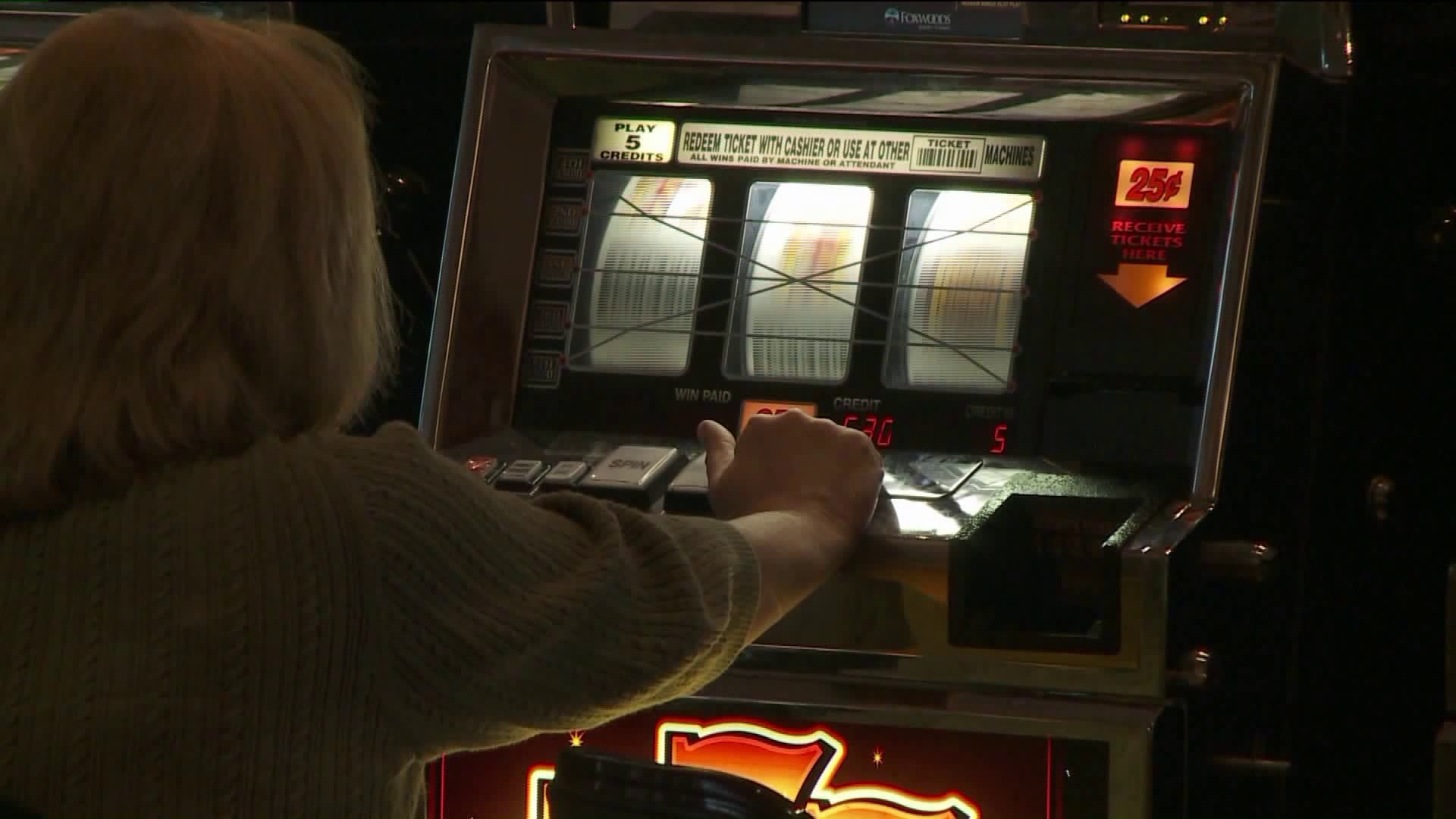HARTFORD -- The gaming debate heated up at the Capitol Complex Tuesday, as a public hearing was held on four bills that would chart the course for the future of gambling in the state.
There's a growing concern that while Connecticut continues to debate the issues, the state is losing out on key revenue and falling behind in the regional race to expand gaming beyond casinos.
The Public Safety and Security Committee met for hours to mull over four bills.
First up was SB 11.
It would eliminate the federal requirement that's stopping the Tribal Winds project in East Windsor from moving forward. Currently, the state needs approval from the Department of the Interior.
“We've had precedent in our favor on this. When the state enacted Keno it was a change done with the tribes. An agreement was reached and we didn't need the federal approval on this,” said MMCT Joint Tribal Nation Spokesman Andrew Doba.
Two bills were also discussed that would get the ball rolling on sports betting. SB 17 allows casino operators to conduct sports betting in person or online to anyone within the state 21 or older.
The tribes said they should have exclusive rights.
“Sports betting is a casino game. There are any things in the original compacts that weren’t contemplated when they were signed,” said Doba. The bill would also allow the Lottery Corporation to conduct online Keno for anyone 18 or over.
There is also a house bill that would form a state gaming commission and create a competitive bidding process for a new resort casino. The tribes said this would violate the compact.
“The tribes have paid $8 billion for exclusivity in this market so you are asking to sort of start over and forget everything that came before it,” explained Doba.
But Uri Clinton, who heads MGM's push for Connecticut doesn't agree.
“You can have an open and competitive process, an RFP and then have an educated gaming commission do an evaluation on those bids before the state made any policy decisions. So no it wouldn’t impact the compact at all,” said Clinton, who is also the President & COO of Empire City Casino.
Clinton suggested the compact might be holding Connecticut back from doing what's right for taxpayers.
“The deal was good. But now we are at a point with sports betting and with market saturation and different things that the competitive landscape has changed,” Clinton explained. But questions continue to swirl about MGM's viability after under-performing revenues in Springfield.
“Only in gaming could you make millions of dollars in a month and people say 'oh you are not as successful as you should be',” he said.
Before many of these bills can become law, there’s widespread consensus that the compact between the tribes and the state would need to be renegotiated. That’s a duty of the executive branch.
Gov. Lamont indicated in his budget address he plans to tackle it.

